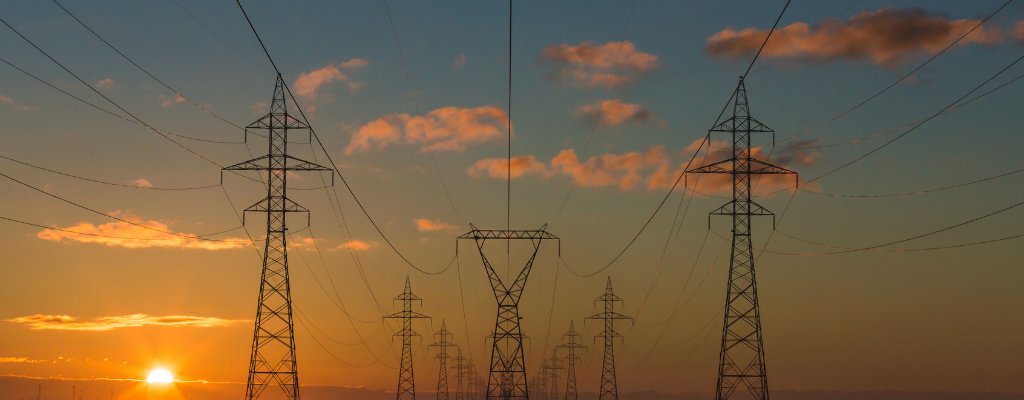
Businesses in search of the right facility or office have more to concern themselves than with just the property. Part of these considerations is energy management. In the Philippines, there is The Energy Efficiency and Conservation Act (RA 11285) which institutionalizes energy conservation, promotes energy efficiency, and incentivizes projects relating to energy efficiency and conservation.
Here are some of the things businesses should know about The Energy Efficiency and Conservation Act.
One of the law’s highlights emphasize the importance of service providers called ESCO or Energy Service Company. Energy service companies have been around before the law was passed, and it is the goal of the Energy Efficiency Act to have them uphold it.
Who are the companies involved?
Businesses could fall into a Type 1 Designated Establishment, Type 2 Designated Establishment, or Type 3 Designated Establishment:
- Type 1 — Establishments with an annual energy consumption of 500,000 kWh to 4,000,000 kWh
- Type 2 — Energy-intensive establishments with an annual energy consumption equal to or more than 4,000,000 kWh
- Type 3 — Other designated establishment with an annual energy consumption of 100,000 kWh to 500,000 kWh
The type 1 establishments are obligated to employ a Certified Energy Conservation Officer (CECO). The CECO shall be in charge of managing energy consumption facilities and equipment, improving the implementation of energy-efficient practices, conducting a regular energy audit, and the preparation of the energy report. Type 2 establishments would need a Certified Energy Manager (CEM).
What are the important requirements for companies under the Energy Efficiency Act?
Energy Consumption and Conservation Reports (ECCRs)
Companies must submit reports annually to the Department of Energy (DOE). There is the Annual Energy Efficiency and Consumption Report (Form 3) and the Annual Energy Utilization Report (Form 4).
Submitting a report of this kind requires a CECO or CEM. Organizations that do not have their own CECO or CEM can get the help from a Certified Energy Auditor or an ESCO in compliance with these reports.
Energy audit reports
DOE requires energy audit reports that are to be submitted every three years. An energy audit must be conducted by an ESCO or a Certified Energy Auditor. It is done in the necessary facilities and to submit the subsequent report. ESCOs have the required expertise to identify areas of deficiency and opportunities to save more energy in a facility.
Energy consumption improvements
Complying with the Energy Efficiency Act is a continuous process, not a one-time event. Improving annual energy consumption is important for every establishment. ESCOs can help establishments with recommendations towards more energy saving practices such as getting high-efficiency lighting, efficient motors, energy management systems, and more depending on the organization’s needs.
What are the financial incentives?
The DOE will be endorsing projects to the Board of Investments (BOI) that pioneer and utilize the energy-efficient technologies, and will be availing of incentives for a period of five years upon the Act’s effectiveness. These incentives include tax and duty-free importation of pioneering energy-efficient technologies or an income tax holiday.
What are the penalties?
Non-compliance to the law can result to fines and penalties including mandatory jail time. The law states that the fines can range anywhere from PHP 10,000 up to PHP 1 million. Violators can be imprisoned for a year up to five years. By partnering with an ESCO, you can ensure compliance and avoid these penalties.
Finding an energy management service
Getting an expert opinion to ensure compliance with the law can help. An energy management service provider can help businesses navigate the compliance policies better, and let them adapt to these new practices and technologies more efficiently. Santos Knight Frank’s energy management division achieves Department of Energy Accreditation. Learn more about Santos Knight Frank, a renowned real estate services firm that offers energy management services by visiting https://santosknightfrank.com/.
- Tags:


